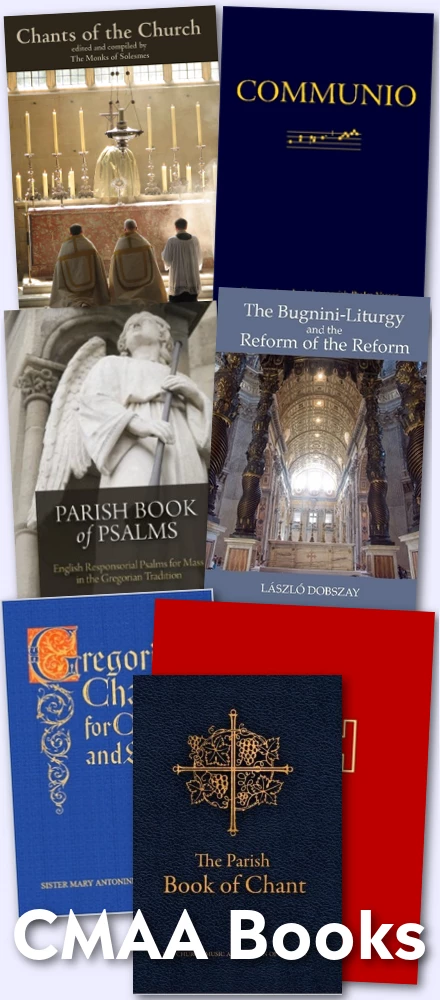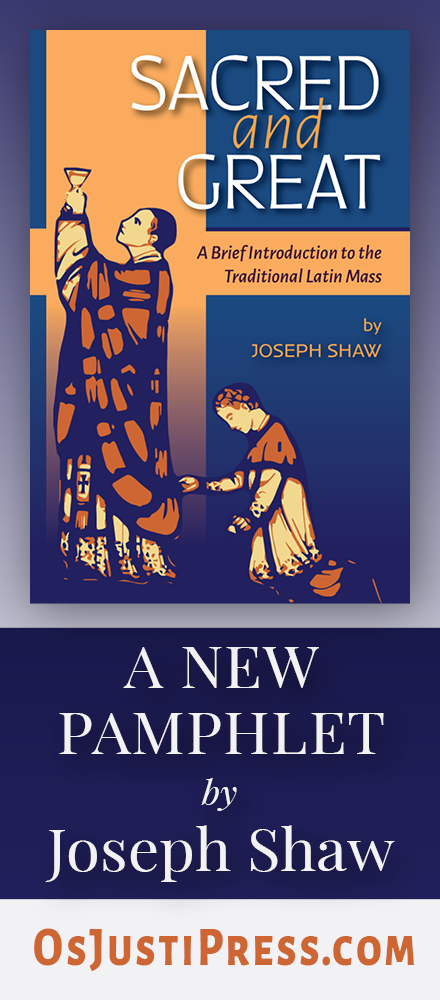Francis Beckwith was president of the Evangelical Theological Society, an association of 4,300 Protestant theologians. Now is he among the most famous "reverts" to Catholicism. In this interview, he provides a bracing look at what drove him away in the first place.
Looking back, and knowing what I know now, I believe that the Church’s weakness was presenting the renewal movements as something new and not part of the Church’s theological traditions.
For someone like me, who was interested in both the spiritual and intellectual grounding of the Christian faith, I didn’t need the “folk Mass” with cute nuns and hip priests playing “Kumbaya” with guitars, tambourines and harmonicas. And it was all badly done.
After all, we listened to the Byrds, Neil Young and Bob Dylan, and we knew the Church just couldn’t compete with them.
But that’s what the Church offered to the young people of my day: lousy pop music and a gutted Mass. If they were trying to make Catholicism unattractive to young and inquisitive Catholics, they were succeeding.
What I needed, and what many of us desired, were intelligent and winsome ambassadors for Christ who knew the intellectual basis for the Catholic faith, respected and understood the solemnity and theological truths behind the liturgy, and could explain the renewal movements in light of these.
Segue to the other topic of the moment: the classical Roman Rite, which today makes the op-ed page of the New York Times. John Allen examines the implications of the Motu Proprio and speculates that its short-term significance is far less than people on the right (Yeah, rollback!) or the left (Booo, rollback!) are predicting.
"Benedict, a quintessential realist, will probably be among the few who understand right away that his ruling is not terribly earth-shattering. Sources close to the pope I have spoken to say his modest ambition is that over time, the old Mass will exert a 'gravitational pull' on the new one, drawing it toward greater sobriety and reverence."
Most importantly, in my view, it will lead Catholics to once again embrace their heritage as their own, something that is connected to their present life and lives on in real time. Without a knowledge and embrace of our heritage, we are cut off and isolated, living in a strange alienation from our vast and glorious history. To me, the "gravitational pull" of which the unnamed source in the Vatican speaks is the most important implication of the Motu Proprio. It will pull together a tradition that has been effectively broken into two parts: pre- and post-1970. This is the most exciting thing about it, and why anyone would regard that as a threat is beyond me. It holds hold the prospect, over time, of achieving the continuity that Benedict and so many of us long for.




















